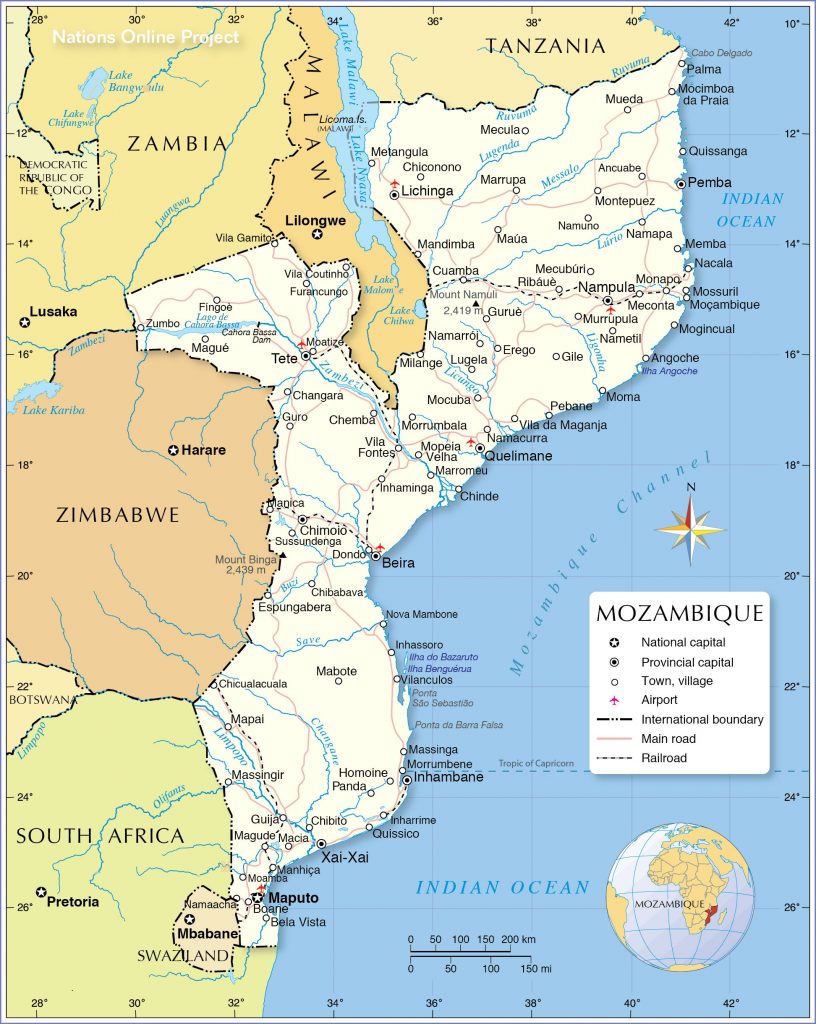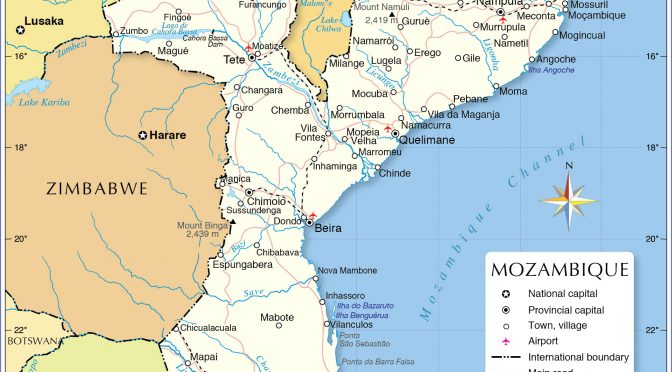Mozambique, a country located in Southeast Africa, is experiencing a transformative period in its energy market, largely driven by technology and innovation. The country’s vast natural resources, including coal and natural gas, have traditionally been the backbone of its energy sector. However, the emergence of new technologies and innovative solutions is reshaping the landscape, creating opportunities for sustainable growth and development.
One of the key drivers of this transformation is the adoption of renewable energy technologies. Mozambique, blessed with abundant sunlight and wind, is ideally positioned to harness these resources for power generation. Solar and wind energy technologies have become increasingly cost-effective and efficient, making them a viable alternative to traditional fossil fuels. As a result, the country is witnessing a surge in renewable energy projects, ranging from small-scale solar home systems to large-scale wind farms.
The impact of these technologies extends beyond energy production. They are also creating new economic opportunities and contributing to job creation. For instance, the installation, maintenance, and operation of renewable energy systems require skilled labor, fostering local employment and skills development. Furthermore, renewable energy technologies can help to alleviate energy poverty, a pressing issue in Mozambique where a significant proportion of the population lacks access to reliable electricity.
Innovation is another critical factor shaping Mozambique’s energy market. Innovative business models and financing mechanisms are making renewable energy solutions more accessible and affordable. Pay-as-you-go solar systems, for example, allow households to pay for their electricity usage in small, manageable installments. This model not only makes solar power affordable for low-income households but also reduces the risk for providers, encouraging further investment in the sector.
Digital technologies are also playing a pivotal role in Mozambique’s energy transition. Smart grids, which use digital communication technology to detect and react to local changes in electricity usage, are improving the reliability and efficiency of the power supply. Meanwhile, mobile payment platforms are facilitating transactions for pay-as-you-go solar systems, removing the need for physical infrastructure and reducing transaction costs.
In addition, technology and innovation are helping to optimize Mozambique’s traditional energy resources. Advanced extraction techniques are enabling the country to tap into its vast reserves of natural gas more efficiently. At the same time, clean coal technologies are reducing the environmental impact of coal-fired power plants.
However, the transformation of Mozambique’s energy market is not without challenges. The country needs to build the necessary infrastructure to support the deployment of renewable energy technologies and manage the intermittent nature of solar and wind power. It also needs to develop the skills and capacity to operate and maintain these technologies. Furthermore, regulatory frameworks need to be adapted to facilitate the integration of renewable energy into the power grid and promote investment in the sector.
In conclusion, technology and innovation are playing a pivotal role in reshaping Mozambique’s energy market. They are not only enabling the country to harness its renewable energy potential but also creating new economic opportunities and contributing to sustainable development. However, to fully realize these benefits, Mozambique needs to address the challenges associated with the deployment of these technologies and create an enabling environment for their adoption.



